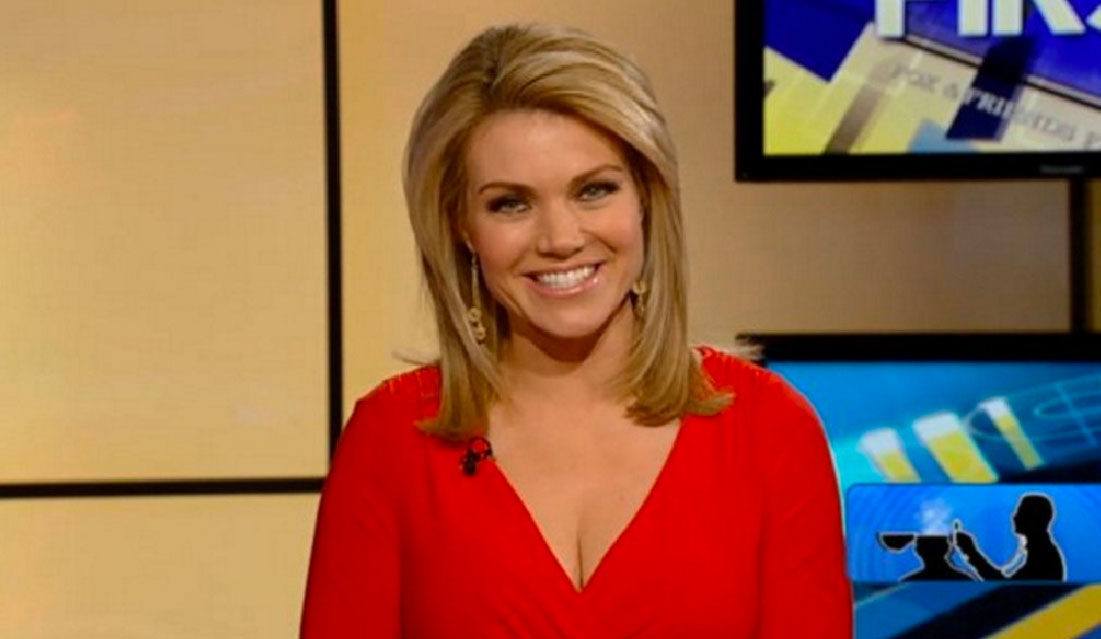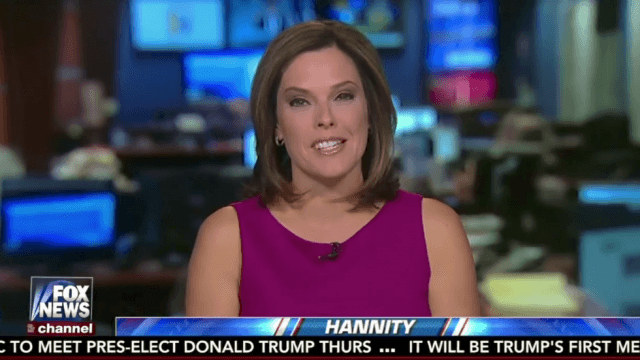sobserver.ws
image from
The U.S. Deputy Assistant Secretary of State, Walter Douglas, visited Samoa this week.
During a reception at the U.S. Embassy Compound in Vailima on Tuesday, he expressed how impressed he was with the Samoan hospitality.
“This is my first visit. It is really pleasure what you got here and all that you have accomplished.”
He acknowledged the new Country Director, Gini Wilderson, who was among the crowd.
“The Peace Corp is the largest contribution the United States has in Samoa and it just celebrated its 50th anniversary and it’s quite an accomplishment and you don’t get that in many places around the world.”
“And right now there are volunteers spread out all over the world,” he said.
He said Samoa is part of the Asia Pacific region that the United States Government contributes and commits to.
“The President has taken an unprecedented 13-day trip through the Asia Pacific region and I think it’s been for many decades that a President has spent so long away from Washington and he really enjoyed it.”
He is very interested in the region.
“I can tell you from back in Washington that people say you the East Asia Pacific Bureau that you are the lucky girl because there is so much interest from the White House,” he said.
“We are delighted to continue our relationship with Samoa and for as long as it goes on.”
Mr. Douglas said they are also a contributing member to the Pacific community. For the environmental programme they support, it’s important to manage and protect the oceans and fisheries resources.
“Most importantly to combat unreported and unregulated illegal fishing for countries like Samoa, it is vital they have the resources.”
“The U.S. and Samoa have a mutually beneficial trade relationship and it is something very important to our President.”
This includes American Samoa, where Mr. Douglas says U.S. is American Samoa’s second largest trading partner and third largest sources of remittances.
“Trade expanding where Samoa beverages are now exporting to Hawaii and the West Coast and in the organic farming area, you are making valuable contributions in coconut oil, cocoa, turmeric and other products and its ending that it really something that is supporting farming here,” said Mr. Douglas.
According to a statement released by the U.S. Embassy Samoa, Mr. Douglas is the Deputy Assistant Secretary of State for Public Affairs and Public Diplomacy [JB emphasis] and for Regional and Security Policy in the Bureau of East Asian and Pacific Affairs at the U.S. Department of State in Washington, D.C. Mr. Douglas was previously the Deputy Assistant Secretary of State for International Media Engagement in the Bureau of Public Affairs.
Before that, he served overseas as minister counselor for public affairs at the U.S. Embassy in New Delhi. Earlier, Mr. Douglas was a senior visiting fellow at the Center for Strategic and International Studies (C.S.I.S.) in Washington, D.C.
His report “Engaging the Muslim World: Public Diplomacy after 9/11 in the Arab Middle East, Afghanistan, and Pakistan” was published in 2013.
Until October, 2011, Mr. Douglas was based in Islamabad as the director of communications for the U.S. mission in Pakistan.
Before that, he served in Washington as executive assistant to the Under Secretary for Public Diplomacy and Public Affairs and as the director of the office of press and public diplomacy in the Near Eastern Affairs bureau.
This followed a tour as public affairs officer at the U.S. embassy in Riyadh, Saudi Arabia. Mr. Douglas also served as a public affairs officer at U.S. diplomatic missions in Turkey, Cyprus, and Iceland.
He was deputy to the spokesman at the U.S. mission to the United Nations when Madeleine Albright was ambassador. Earlier, he served at the U.S. missions in South Korea and Cote d’Ivoire.
Prior to joining the Foreign Service, Mr. Douglas worked as an advertising executive in New York and as a legislative assistant to a member of the U.S. House of Representatives. Mr. Douglas graduated from the University of Pennsylvania with a B.A. in history.







